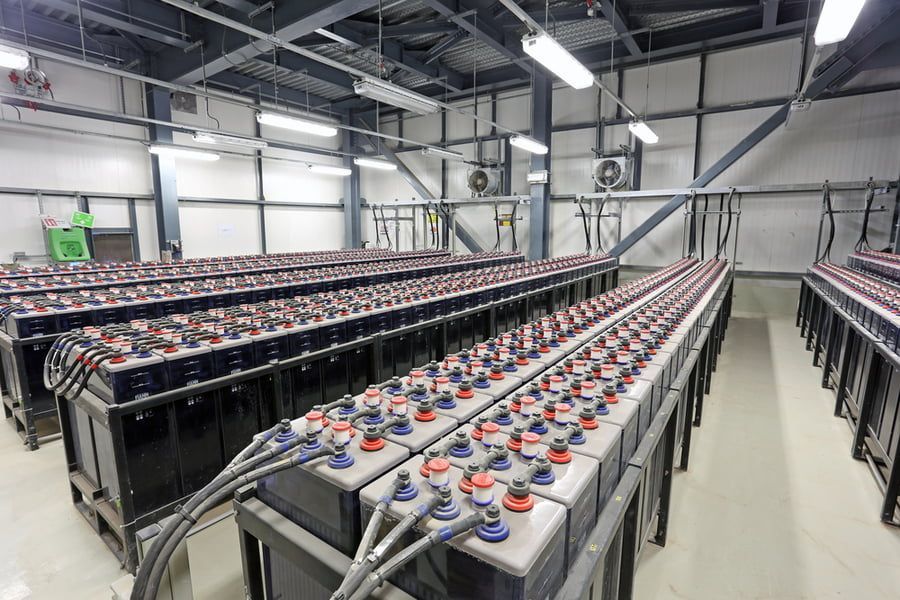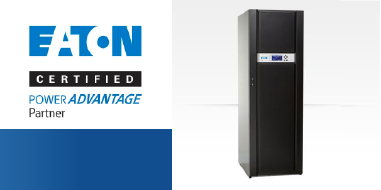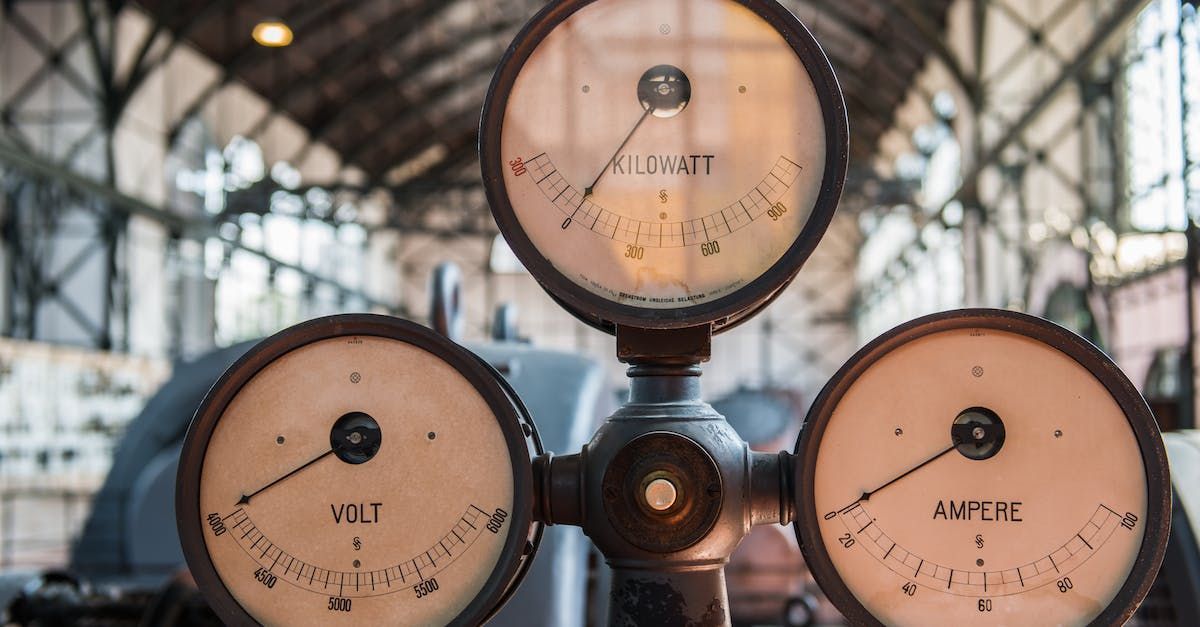Batteries for UPS Systems: VRLA vs Lithium-Ion
Share this article:

Becoming more efficient and powerful, Uninterruptible Power Supplies have made huge strides in recent years. Unfortunately, their batteries have not followed suit. For several decades, UPS batteries have remained much the same in terms of capability. However, there are still ways you can maximize the technology available and receive the best return on investment. In an effort to help you make the most informed choice, we will discuss the differences between valve-regulated lead-acid (VRLA) and lithium-ion UPS batteries, including the chemistry, energy density, charge rate, cycle life, and more.
Lead Acid & Lithium-Ion Batteries
For most applications, lead acid batteries have been the standard default option for many years. The reason behind this blind preference is that VRLA batteries predate lithium batteries by over 100 years, and many standards of the industry were originally designed to cater to the specifications and shortcomings of this particular style. However, recent advancements in lithium-ion batteries, especially lithium titanate cells make them worth considering more than ever.
Lithium-ion batteries are not only more energy-dense than their lead-acid counterparts, but they are also lighter and have a faster discharge rate. These benefits carry over to Lithium Titanate UPS batteries as well, with the added bonus of increased safety, cycle life, and operational temperature ranges. When looking at the numbers, the gap between these two battery systems becomes increasingly obvious. The following data has been collected by a Toshiba research team.
| Chemistry | VRLA | Lithium-Ion |
| Cost | X | 2.5X |
| Voltage | 2.4V | 2.3V |
| Specific Energy | 40Wh/kg | 90Wh/kg |
| Charge Rate | 0.5C | 7C |
| Discharge Rate | 1C | 7C |
| Cycle Life | 200 | 15,000 |
| Operating Temp | 10˚C to 30˚C | -30˚C to 55˚C |
Below, we expand upon the data found in this table and what it means to your battery decision. Click here to see Lithium Ion UPS Systems.
Cost
The only factor in which VRLA batteries outshine their Lithium-Ion counterparts is in cost. In many cases, Lithium-Ion batteries can be significantly more expensive. However, in a classic case of “you get what you pay for,” this may be a cost you are willing to pay for the increased performance and safety of Lithium batteries.
Energy Density
Lithium Ion batteries are more than twice as dense in energy when compared to VRLA batteries. In real world applications, this translates to smaller, lighter cabinet footprints providing the exact same, if not vastly more capacity and runtime. Extremely powerful in its implications, this improvement can have widespread impacts on the overall layout, pricing, and capabilities of your UPS system, all of which are for the better.
Charge Rate
The Toshiba team found VRLA batteries had a charge rate of 1C, while Lithium Ion was at 7C. As C-rate is an inverse proportion between capacity and time, this data means that Lithium Ion batteries are capable of discharging at a rate 7 times greater than VRLA’s. In UPS applications, the result is vastly reduced battery size requirements to achieve the same effects.
When these size requirements are applied to pricing, our earlier problem with Lithium Ion batteries is resolved. Your team will need to purchase far less Lithium batteries than you would VRLA’s, easily compensating for their larger initial prices. Therefore, Lithium Ion batteries give you far more bang (and charge) for your buck, especially when it comes to smaller runtimes.
Cycle Life
It is standard for VRLA batteries to be replaced every five to seven years. With Lithium Ion, this concern becomes an antiquated need. Referencing the data table above, Lithium Ions have a cycle life 75 times greater than VRLA counterparts. An additional benefit of Lithium Ion UPS batteries is their ability to negate the need for constant attention. These batteries can remain untouched and unused for one and a half years before losing their charge. Conversely, VRLA batteries will often be fully discharged within a matter of months, regardless of whether they have been in use or not.
Temperature Range
When it comes to operational temperature ranges, Lithium Ion batteries again take the win. Temperature can have a significant impact on battery life. Some consumers report deviation from recommended temperature range resulting in a halved battery life. Lithium cells have a far superior range, therefore making them better suited to UPS systems and other facilities where temperature fluctuations often occur.
Safety
If you have done your research, or have experience in the world of UPS systems, you may be wondering about the safety of each style of battery. Some proponents of the industry have raised concerns about the safety of lithium-ion chemistry, citing examples of flaming phones, laptops, and other electronics. However, the reason behind these fires has been frequently shown to be the carbon used as an anode in the battery.
Lacking this carbon anode, Lithium Titanate for UPS systems is the safest option for lithium-ion chemistry battery available on the market today. Concern for fires associated with lithium style batteries should be all but completely negated.
No Matter Which Battery You Choose, Choose Eaton UPS Systems
While Lithium Ion brings more advantages to the table, (including a smaller footprint, increased capacity, and significantly longer cycle and shelf lives) there are still several applications in which VRLA is a viable option. Eaton UPS Systems is here to help you make the best decision for your needs and your budget.
We have solutions for utility power sags, small cycle interruption, extended power interruption, and all your other power supply problems. Working with our team guarantees clean, stable power for your facility.
Contact Eaton UPS Systems today to get started discussing your needs. Call 844-501-1887.




